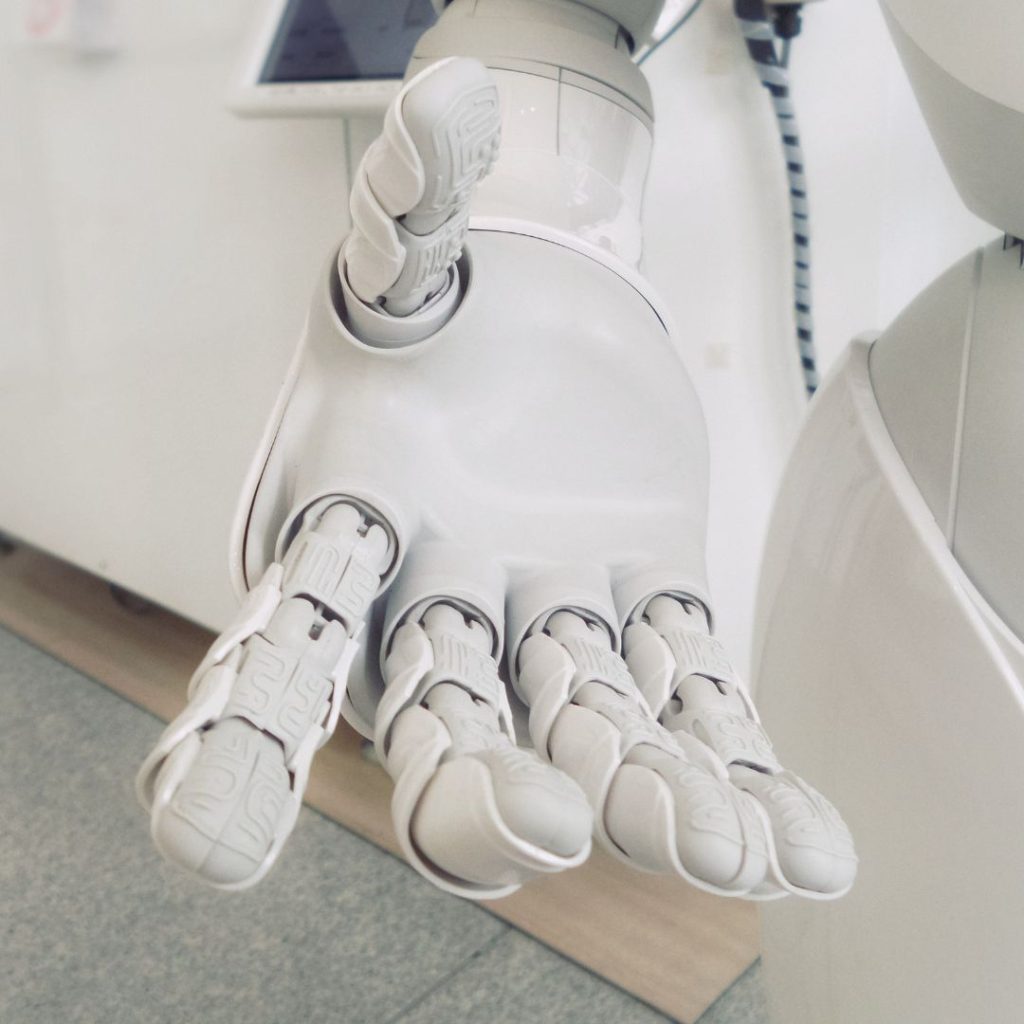HR is considered as a centerpiece to business of experience success as it leads organizations towards digital transformation by empowering employees with a digital mindset to improve workforce processes and increase productivity.
What is Business of Experience (BX)?
The Business of Experience (Business Experience) or BX, as Accenture calls it, is a new approach where all business leaders are equal stakeholders in building exceptional experiences for customers, employees, and the society.
The term BX – Business of Experience – was recently coined by Accenture to describe a new paradigm in which all business leaders are equal stakeholders in creating extraordinary experiences for customers, workers, and society.
In this ever-changing digital landscape and changing client needs, customer experience has become a must-have for most businesses. Customer satisfaction is the responsibility of each individual and business function inside an organization.
The majority of companies are concentrating on the technology and digital initiatives that are required to support their company and operations. The next step is to go beyond technology and strategize how everyone in the company can contribute to rethinking customer engagement and experience.
Business leaders must establish new organizational structures to capitalize on technology investments and find new methods to deliver value and fulfil evolving customer expectations through meaningful and personalized experiences. This necessitates a shift in the organization’s attitude from one focused on the customer experience (CX) to one focused on the business of experience (BX).
Traditionally, the Chief Marketing Officer (CMO) was in charge of customer experience, but BX is a larger notion that encompasses all aspects of corporate operations.
It requires the organization’s stakeholders to shift their mindset and rethink how they conduct business from the standpoint of customers – how customers interact, shop, and so on.
Is HR the foundation to Business of Experience?
To “go digital”, not just “digital,” HR is undergoing rapid and profound changes. HR leaders are being driven to explore new technologies, platforms, and ways of working to make the organization “go digital.”
According to Deloitte’s 2017 Human Capital Trends report, 56% of companies are redesigning their HR functions to take advantage of digital tools and apps, and 41% are actively building mobile apps to deliver HR services.
Business of Experience in HR cannot be accomplished in a day; it requires a commitment from everyone within an organization to embrace automation as a means of achieving operational efficiency.
In any organization, the HR department plays a dual role – transforming HR operations and transforming the workforce for the change.
It is the people working for an organization that will decide whether the change will succeed or not. And if they are ignored in the process of transforming the company is likely to see a downfall.
Let’s take a look at how the workforce gets affected in this process thus indicating the crucial involvement of the HR department.
Cultural Shift
For Business Experience, cultural change is as important as technology. Without a strong skilled workforce, it is very rare that the organization will be successful.
It is the HR team that has to ensure that each and every team member is adequately trained to meet the challenges ahead. This includes taking down organizational goals and missions and training leaders so that they can further train their teams. They need to be made aware of the bigger goal.
Change Management
No change is accepted with an open mind. The change is not just in the way of working but in the thought process and culture. It is the responsibility of HR to initiate this change slowly and accustom the employees.
Without proper channeling, employees will feel lost and may lose interest.
Building Alignment around Business Experience
Unless there is a clear understanding of how the transformation will affect the workflow and yield better results, the team will not be motivated to do it. This task is a joint effort of the HR and Operational teams.
Skill Mapping
In the process of transformation, the team will acquire new skills to upgrade themselves, a record of the same needs to be maintained.
The HR department plays a vital role in facilitating learning opportunities and maintaining a pool of skills being acquired by the team. This will add to the data required during performance appraisal and succession planning.
Getting the right talent
As the company grows it is important to bring in the right kind of talent. New work models like remote working need to be considered and strategies related to the same need to be implemented.
Employee Engagement
All work and no play make a person sluggish. Business Experience is a continuous process and HR needs to ensure that good engagement activities are designed so that the team is not burdened and gets the required break time on a regular basis.
Data Transparency
Employees at each point should be informed about the progress and results of the process while maintaining the requisite transparency. The key point of contact for employees is the HR team and the HRIS being used. Data at every stage has to be properly recorded and made available to the employees for reference, only then will they trust the organization.
Role of HR in Business of Experience
It is easy to understand digital transformation as a theoretical concept, but HR teams play an important role along with operational teams when it involves and influences the human factor.
Those who have successfully implemented this change know that no business unit can be left out and that the center of change is the human factor and thus the HR department.
For any successful organization, HRM is an essential player, be it big or small. But, when it comes to implementing digital transformation initiatives, it gets overlooked.
Provide valuable perspectives
HR’s function is not only limited to the qualitative side of people’s processes, but also ensures that your workforce is getting the right training, and their professional development is aligned with the changes that are needed to build the digital transformation of the organization.
Brings people to new Technology or Processes
As HR takes responsibility for its own digital transformation, it also takes responsibility for guiding the workforce to enthusiasm and appreciation that will benefit their work and career.
The most important role of HR is to change the mindset of the people and to create a culture that understands and supports the importance of digital transformation.
Simply put, as the custodian of the human experience in the workplace, HR brings people to new technology or processes, explaining and supporting them to meet expectations and bring value.
Provides Workforce Transformation
HRM has a distinctive approach to workforce transformation. Using analytics and predictive analysis, modern HR is now improving employee experiences and helping their organizations develop robust business strategies.
By predictive analysis based on employee data, HR determines what measures can be taken to improve collaboration, communication, connectivity, and encourage personal development.
Promotes Digital Culture
Digital Culture is a key element of employee engagement and digital transformation and fostering it requires employee engagement, training, and valuable insights for continuous improvement.
HR through various measures, initiatives, and approaches encourage all employees to put their best foot forward in embracing business experience.
HR also encourages employees to make full use of digital tools and to schedule regular check-ins with their direct reports and management associates.
Embraces the Four key Pillars
An important reality with any digital transformation is that technology alone cannot drive success. An organization needs to look at its four pillars: mindset, people, process, and technology, as a way of digital transformation, where technology is least important.
Human resource needs support on other three important aspects for higher chances of success. For any digital transformation, it is the mindset of people and HR that drives it.
Fosters other significant changes
With changes in technology, HR is facing significant changes including continuous performance management, social talent acquisition, and the rise of people analytics.
Continuous Performance Management: Online personality assessments tied to the role and annual performance, adding continuous feedback of employees and displaying novelty in their approach, enabling agile goal systems with robust data, gamification features, team management tools—all integrated with daily work and more.
Social talent acquisition: It includes finding the best talent with digital capabilities like Design Thinking, Agility, Data Orientation, etc. HR also focuses on employer branding, application management, talent acquisition, and Relationship Management technology.
Rise of people analytics: Analyzing patterns of e-mail, communication, and performance, with advanced analytics reporting dashboards and predictive models, HR predicts employee behavior and anticipates potential security issues and security breaches.
Summary
As we now have an idea of how HR plays a crucial role in leveraging the workforce and their capabilities for the Digital Age. From handling payroll to rolling out vision documents, HR continues to play the role of a key strategic business partner in moving the organization forward.
In today’s corporate world, no success can be achieved if HR doesn’t throw its weight behind it. Therefore, it is relevant that HR should equip itself with a new range of skills including strategic workforce planning, advanced analysis, design thinking, digital HR, and stakeholder management.
By understanding the concept at a deeper level and proactively preparing to be part of the change, HR can embrace the digital revolution, enhance collaboration between teams and enterprises, lead HR changes and enable employees to achieve benefits.
Confused as to how your HR teams can play a vital role in digitization? Speak to our very own in-house HR management for some tips. Also, follow our unique business experience blog for more strategies in HR.




